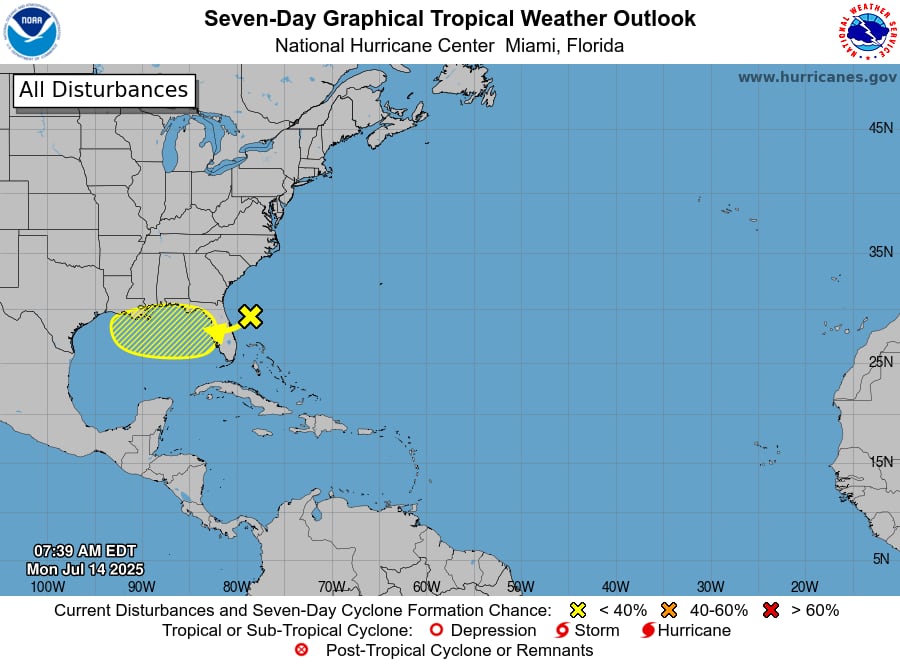This column is a guest opinion piece.
The overwhelming expense of healthcare in general is a far worse problem for middle-class families in Alabama and elsewhere than the proposed Medicaid work requirements that Congress is currently discussing.
While general inflation hasn’t even doubled since 2000, the cost of healthcare and coverage has nearly tripled. 41% of Americans have medical debt, despite the fact that 92% of them have health insurance. According to a recent survey, 38% of Americans with insurance avoided care in the previous year because of financial worries.
The answer to this healthcare cost dilemma is simple: in order to safeguard ourselves from overcharging and enable us to select reasonably priced care, we require genuine, legally binding price transparency.
Think about my narrative. I was referred to a specialist for a leg muscle biopsy at a nearby doctor’s office last year because I was having trouble walking. No one could tell me the cost, no matter how hard I tried. I proceeded with this outpatient treatment, which took less than an hour, because I believed I had good insurance. Fortunately, the findings excluded an incurable brain disorder.
The bills then showed up.
The first was a $1,059 bill from the biopsy’s physician. I established a payment schedule because this sounded fair. The doctor’s office I attended, however, appears to be owned by UAB Hospital, which later sent me a significantly bigger cost of $16,531.
Even though the treatment could have been done in my kitchen, there was a $4,464 hospital facility fee included in this payment. As it turns out, large hospitals have been surreptitiously acquiring physician offices around the nation in order to raise their rates considerably.
An outrageous $8,030 was also charged for pathology.
I owe $4,200 out of pocket after my health insurance reduced the hospital charge to $3,122. However, I continue to wonder: If I’m left with such a big cost for a routine treatment, what’s the point of spending almost $1,000 in monthly health insurance premiums?
I’ve received the usual runaround when opposing this ridiculous bill: Unanswered calls, phony claims that my bill is being looked into, and prepared, dishonest answers. My credit score is at risk since my bill has been sent to collections, even though the hospital’s billing supervisor assured me otherwise.
The only sector where consumers are expected to make impulsive purchases is healthcare. Consider going to a restaurant and not being able to see the pricing until the check comes in. Why do we tolerate this ambiguous healthcare dynamic?
Nearly everyone I know has experienced a similar nightmare with healthcare billing. A $450 estimate for an outpatient treatment in Atlanta was recently paid by my son-in-law. His insurer wouldn’t pay, so his final amount came to $15,000.
Although hospitals and insurers are required by federal regulations to reveal their true costs, compliance is low and enforcement is lax. Hospitals and health insurers post disclosures in large, unintelligible files, violating the letter of the law. I worked in human resources for decades and have a master’s degree. What chance does the typical patient have if I am unable to comprehend this system?
To make price transparency regulations more meaningful for patients, the Trump administration issued an executive order in February to enhance them. The attorney general of Florida recently launched an inquiry into public hospitals’ deceptive billing practices. Steve Marshall, the attorney general of Alabama, need to do the same.
Price transparency is effective. Costs have dropped in fields like LASIK and cosmetic surgery, where competition is fierce and prices are openly displayed. In addition to making healthcare more accessible, equal, and responsible, upfront prices have the power to reverse systemic runaway costs.
In the years to come, I will need to rely on this system because my health journey is far from over. I am currently in need of a colonoscopy, but I am delaying it because, in spite of my best efforts, I am unable to obtain a trustworthy, up-front cost. I want to know what I’m paying for before the bill arrives from now on. I only hope my health won’t be the price.
Kerry Schrader, MBA, is an entrepreneur and former HR executive who lives in Hoover, AL.



